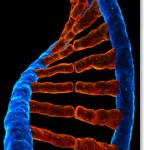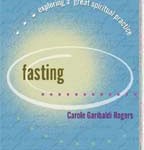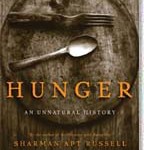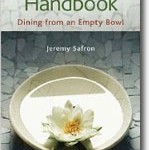From a physiological perspective, Dr. Evarts Loomis, has separated fasting into four distinct stages. The duration of each stage is determined by how much toxicity the participant has. Stage one is a period of general excitation of the involuntary nervous system, major detoxification and increased electrical activity, which can be observed with an EEG (electroencephalogram). […]
Fasting: Exploring A Great Spiritual Practice
Fasting as practiced by Jews, Christians, Muslims and others is the focus of this handy little guide by Rogers, a writer and oral historian. In this latest installment in Sorin’s Exploring a Great Spiritual Practice series, the author, whose background is Roman Catholic and Jewish, brings together a multiplicity of religious and secular fasting traditions, […]
Hunger: An Unnatural History
Russell’s survey of the effects of hunger, which moves inexorably toward a wider moral meditation on starvation, suggests, “Hunger is a country we enter every day, like a commuter across a friendly border.” Observing that “not eating seems to be innately religious,” Russell (Anatomy of a Rose) explores the biochemical and cultural dimensions of hunger, […]
The Fasting Handbook: Dining from an Empty Bowl
According to Jeremy Saffron, we live in a world that is becoming increasingly toxic-from the air we breath to the food we eat to the negative thoughts we carry inside our minds. Over time, physical and mental toxicity contributes to depleted energy, spiritual apathy, and eventually poor health. In The Fasting Handbook, raw food pioneer […]



